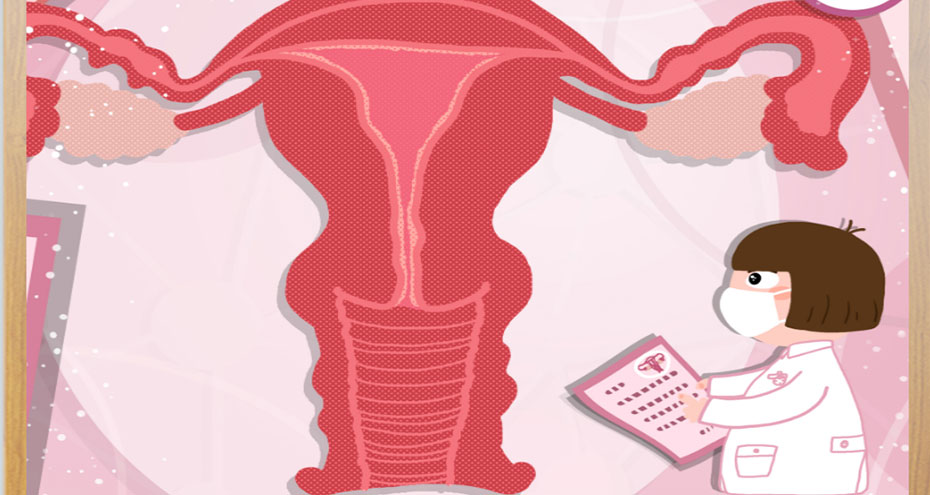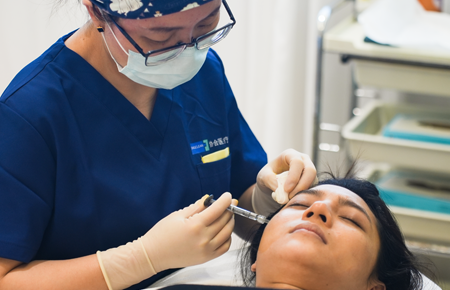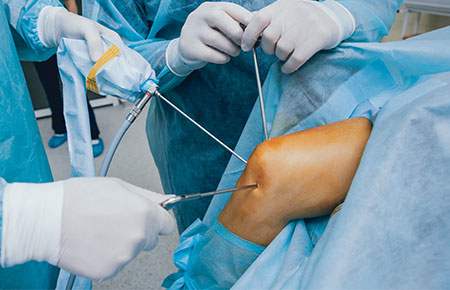HCG is a glycoprotein hormone secreted by the stromal cells of the placenta. Its main function is to stimulate the corpus luteum, which is conducive to the continuous secretion of estrogen and progesterone, thereby promoting the formation of uterine decidua and making the placenta grow and mature. In early pregnancy, it plays an important role in maintaining the function of the corpus luteum, promoting embryonic development, and maintaining pregnancy stability. However, when HCG levels fall below the normal range, pregnancy complications such as termination may occur. Therefore, it is important to understand the impact of low HCG on fetal preservation.

The relationship between low HCG and fetal preservation:
Low HCG may hurt miscarriage. Low HCG levels may indicate abnormal embryonic development or an insufficient corpus luteum. The corpus luteum forms after ovulation and produces hormones such as progesterone to maintain pregnancy. If luteal function is impaired or insufficient, the risk of embryo implantation failure or pregnancy termination may be increased.
In addition, low chorionic gonadotropin may also be related to fetal chromosomal abnormalities, increasing the risk of fetal development malformations and pregnancy complications.

How to treat Low HCG:
There are several treatment options for patients with low HCG. First, progesterone supplementation is a common method to help maintain pregnancy. Progesterone is a hormone produced by the corpus luteum and can supplement insufficient luteal corpus function. Second, patients may consider using synthetic HCG to replace their own production of the hormone, thereby increasing HCG levels.
Additionally, cases of abnormal embryonic development or chromosomal abnormalities may require additional treatments, such as selective embryo transfer or other assisted reproductive technologies.
Ways to prevent Low HCG:
In some cases, HCG can be prevented. Maintaining a good lifestyle, a balanced diet, and moderate exercise are crucial to maintaining luteal function and normal pregnancy. In addition, avoiding exposure to harmful substances and environmental pollution is also an important preventive measure.
Regular gynecological exams and preconception screening can reduce the risk of low chorionic gonadotropin by detecting and treating potential problems early.
Low HCG may negatively impact fetal preservation and increase the risk of pregnancy complications and fetal developmental abnormalities. However, with appropriate treatment and preventive measures, it can be helped to increase chorionic gonadotropin levels, thereby improving the chances of a successful pregnancy. When faced with hypochorionic gonadotropin, patients should consult a doctor promptly, develop a personalized treatment plan, and follow the doctor's recommendations and guidance.
-
singclean | 2024-03-25
 Mechanism of Delayed Redness and Swelling after Hyaluronic Acid Injection and Related Influencing FactorsIn recent years, hyaluronic acid injection has been favored in the field of medical beauty, but the problem of delayed redness and swelling after injection has also attracted widespread attention. Today, let's take a deeper look at the mechanism of delayed redness and swelling caused by hyaluronic acid injection and related influencing factors.
Mechanism of Delayed Redness and Swelling after Hyaluronic Acid Injection and Related Influencing FactorsIn recent years, hyaluronic acid injection has been favored in the field of medical beauty, but the problem of delayed redness and swelling after injection has also attracted widespread attention. Today, let's take a deeper look at the mechanism of delayed redness and swelling caused by hyaluronic acid injection and related influencing factors. -
singclean | 2024-03-25
 Tips For Lip Injection By Using Hyaluronic Acid
Tips For Lip Injection By Using Hyaluronic Acid -
singclean | 2024-03-25
 The Prevention and Treatment of OsteoarthritisOsteoarthritis is a chronic disease primarily caused by damage and wear and tear to joint cartilage, resulting in joint pain, stiffness, and limited function.
The Prevention and Treatment of OsteoarthritisOsteoarthritis is a chronic disease primarily caused by damage and wear and tear to joint cartilage, resulting in joint pain, stiffness, and limited function.




